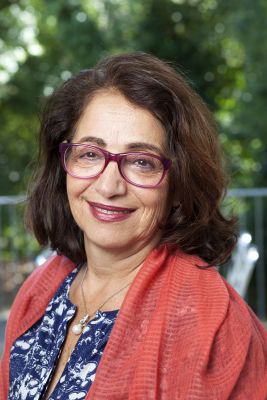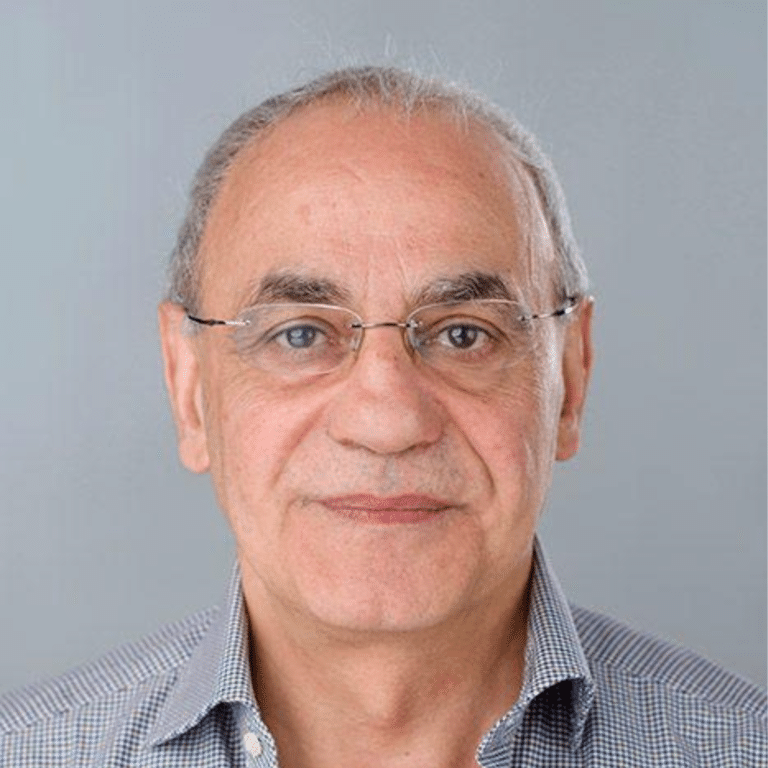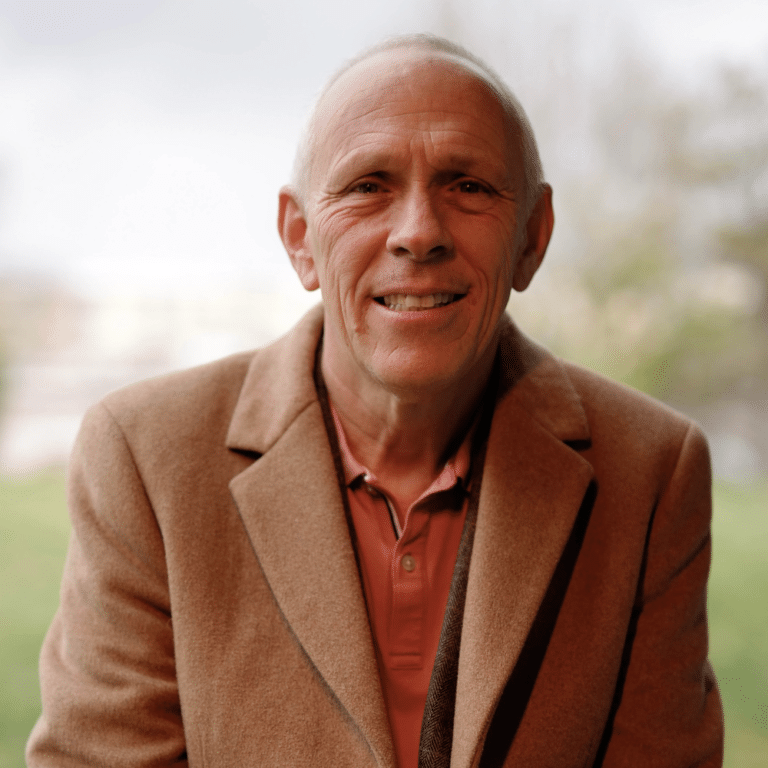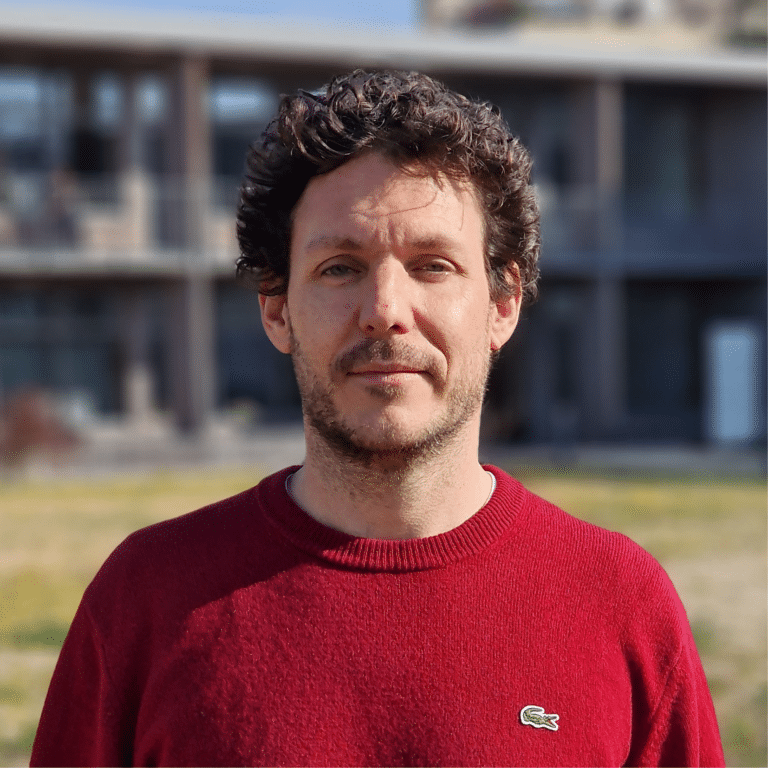Research project
Women in contemporary Muslim contexts: Impacts of biotechnological advances on current practices, norms and values
Summary of the research project
In recent decades, academic work has been accumulating on topics such as Islam and modernity, Islam and human rights, Islam and bioethics, Islam and pluralism, and so on. At the same time, field surveys have been conducted on these issues in Muslim contexts, with the aim of exploring the opinions, practices and values of different components of populations in relation to current norms. The originality of this project will consist in bringing together the two approaches on a few examples of biotechnological developments and their impacts on the status and rights of women, by analysing jointly the content and the foundations of the standards in force, and changes in attitudes and values related to these issues. The general purpose of this research will be to reflect and advance draft analyses and conclusions on the impact of the globalization of biotechnological advances on the architecture of gender relations in contemporary Muslim contexts. I will work more specifically on the case of Morocco.
Bioethics as a branch of the philosophy of human rights cannot ignore the impact of new biomedical technologies on the status of women because of their impact on the fundamentals of life itself from conception to birth to death health in general and reproductive health in particular. Very early on, bioethics. Indeed, contraception and the new technologies of procreation have upset sexuality; filiation and parenthood; fields that are in full mutation. This led to a change in gender relations and family architecture, which challenged the legal and social status of women in particular.
In addition, these new biotechnologies raise many ethical questions in that they can generate new forms of discrimination and coercion on women. In configurations historically and socially rooted in Muslim traditions and cultures, today increasingly connected to other cultures, living more or less advanced processes of secularization with multiple referential laws; these new biomedical and biotechnological possibilities, which have become globalized, challenge the values and social and legal norms extracted and deduced from religious traditions. In fact, they are challenged to become obsolete; unless there is a continual and “perpetual reinvention of tradition” today thought – among other things – in terms of historical, contextualized and pluralistic approaches to religion.
Given the different temporality of the evolution of practices in relation to the norms and values that underlie them, it will be in this work to identify and analyze and compare the «accommodation» modes implemented in Morocco in particular (with a comparison component with other Muslim countries) to deal with these new current or potentially possible realities. It will be a concrete task to reflect on the new realities concerning the issues related to sexuality, procreation and filiation in the light of new existing biotechnologies, to deconstruct, analyze and draft conclusions about their impacts on women and societies of Muslim culture.
This will include drafting answers and proposing conclusions to the following questions:
How do individual practices evolve under the impetus of these new biotechnologies?
How these new opportunities challenge, challenge and can shape the roles and relationships between women and men within the family and in society at large (relationships that are themselves nested in relationships of class, age/generation and background);
How is it that the historical social and legal norms in force and the values that make them the bed; interact, tolerate, adapt or integrate these new biotechnologies in Muslim context,
What impact does this have on the traditionally hierarchical relations of the “sacred and the profane”, respectively represented by the traditional social and legal norms of a religious essence and therefore eternal on the one hand; and the so-called universal norms which are continually evolving on the other hand;
What responses, considered or “tinkered with”, are developed and/or implemented to take into account the new social reality resulting from it, and to deal with the “insurmountable gap” that is widening with the norms in force;
How does the plurality of standards on practices, norms and values work; between socio-religious standards and those of universal texts to which states may have subscribed. Is this then a definition, and/or «interfundation», between the repositories?
Through an identification of specific issues, the work will consist in analysing and comparing the capacities of contemporary Muslim societies to recognize, face and react to these new realities (present or potential) that may be unsatisfactory or inconsistent with the myths of lost paradise and future paradise. This will be done through historical and sociological approaches of actions and discourses of all sides (traditionalist, radical or enlightened Islamist, secular or secular) that make it possible to observe the ups and downs of these responses in the face of access to biotechnological innovations and/or exposure to the universalism of human rights principles and laws.
The main focus of the work will be on issues of procreation, motherhood, and filiation.
This will involve:
The contextualization of bioethical and human rights issues through recourse compared to so-called universalist and Islamic approaches.
Work on the general themes will necessarily go through the first of the following sub-axes (list not definitive or exhaustive):
Sexuality and bodies of women in contemporary Muslim contexts: autonomous body/ identity social body/ guinea pig body, object of haggling and bricolage between the religious, patriarchy and biotechnologies.
Maternity and Procreation: Issues, Constraints, Risks and Consequences of Medically Assisted Reproduction
Birth of a girl in terms of sex selection technologies
Woman or mother: apologetic discourse and the realities of status, rights and citizenship of women.
Filiation and parenthood in and outside marriage
In the spirit of dialogue and pluridisciplinarity that characterizes Iméra, and in the continuity of the transdisciplinarity that characterizes my career, I will work during this research stay to work in partnership with experts; and also with young researchers-e-s, notably in History, anthropology, history of religions and Islamic thought. I will invite and try to involve international partners in universalist bioethics and Islamic bioethics, for, collectively and through a pluralistic and multidisciplinary approach.




